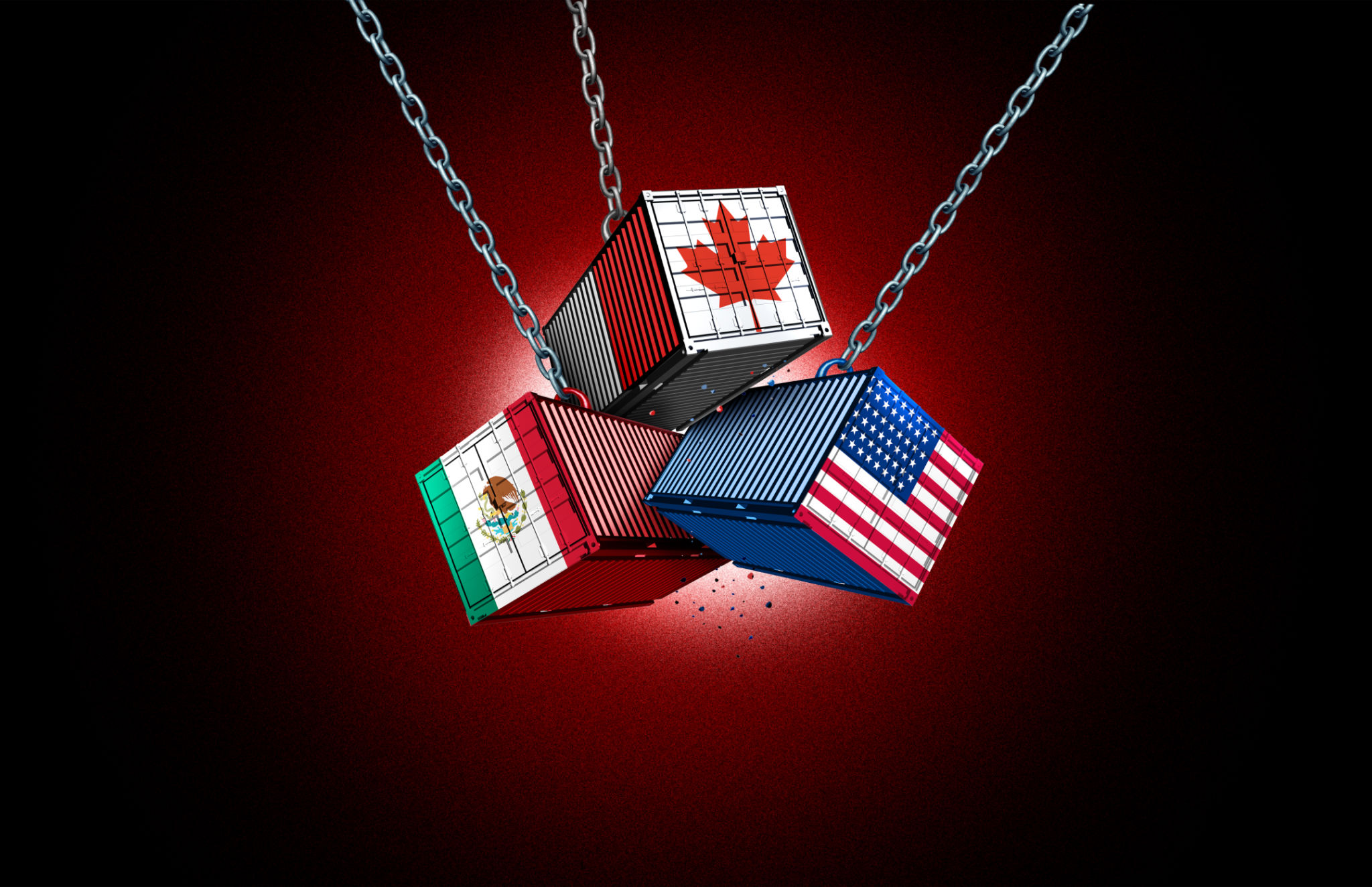Swiss Kraft’s Guide to Export Regulations and Compliance in the UAE
Understanding Export Regulations in the UAE
Exporting products to the United Arab Emirates (UAE) can be a complex process due to various regulations and compliance requirements. The UAE is a hub for international trade, and understanding its export regulations is crucial for businesses aiming to establish a presence in this dynamic market. This guide by Swiss Kraft aims to simplify the process and ensure that your business complies with all necessary regulations.

The Importance of Compliance
Compliance with export regulations is not just about following the law; it ensures that your products reach the market smoothly and without unnecessary delays. Non-compliance can lead to fines, shipment delays, or even bans from entering the UAE market. Therefore, understanding and adhering to these regulations is essential for your business's success.
Businesses must also be aware of the specific documentation required for exporting goods to the UAE. This includes commercial invoices, packing lists, and certificates of origin. Ensuring that all documents are complete and accurate is a crucial step in the compliance process.
Key Export Regulations
The UAE has specific export regulations that businesses must follow. These regulations are designed to protect the local economy and ensure the quality of imported goods. The main regulatory body overseeing exports in the UAE is the Federal Customs Authority (FCA). Familiarizing yourself with their guidelines is a vital step for any exporter.

Product Standards and Certifications
Products exported to the UAE must meet certain standards and certifications. These standards ensure that products are safe and suitable for the local market. Common certifications include ISO standards, which are internationally recognized and often required for many products. Additionally, certain products may require specific certifications based on their category, such as electronics or food items.
It is important to work with a knowledgeable partner or consultant who understands these requirements and can assist in obtaining the necessary certifications. This can significantly streamline the process and help avoid potential pitfalls.
Tariffs and Duties
The UAE has a free trade agreement with several countries, which may impact the tariffs and duties imposed on your products. Understanding these agreements can help businesses save costs and enhance competitiveness in the market. However, it is essential to check whether your products qualify under these agreements, as not all goods are covered.

Logistics and Shipping Considerations
Logistics play a vital role in exporting goods to the UAE. Choosing the right shipping methods and partners can greatly influence delivery times and costs. The UAE's strategic location offers several advantages in terms of shipping routes, but careful planning is necessary to optimize logistics.
Consider factors such as shipping costs, transit times, and the reliability of shipping partners when planning your export strategy. Establishing strong relationships with logistics providers can lead to more efficient operations and better service for your customers.
Conclusion: Navigating the Export Landscape
Successfully exporting to the UAE requires an understanding of its regulatory landscape and a commitment to compliance. By following Swiss Kraft’s guide, businesses can navigate these requirements more effectively and position themselves for success in this thriving market.
The key to successful exporting lies in preparation, understanding, and adherence to regulations. By taking proactive steps and utilizing resources available, businesses can ensure a smoother entry into the UAE market, opening doors to new opportunities.
